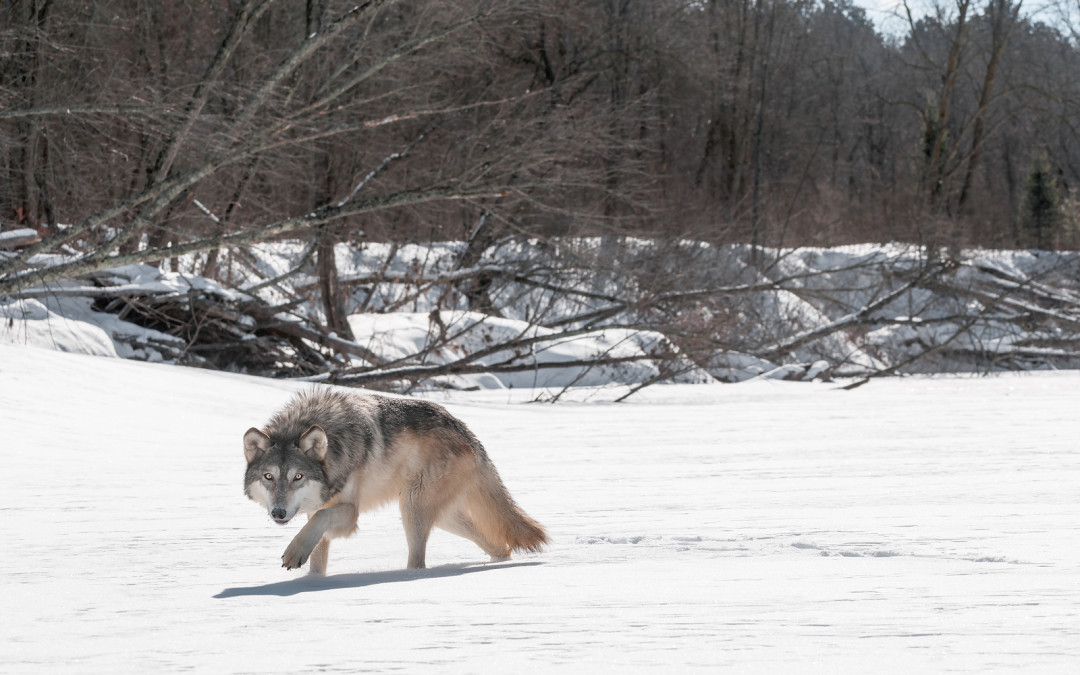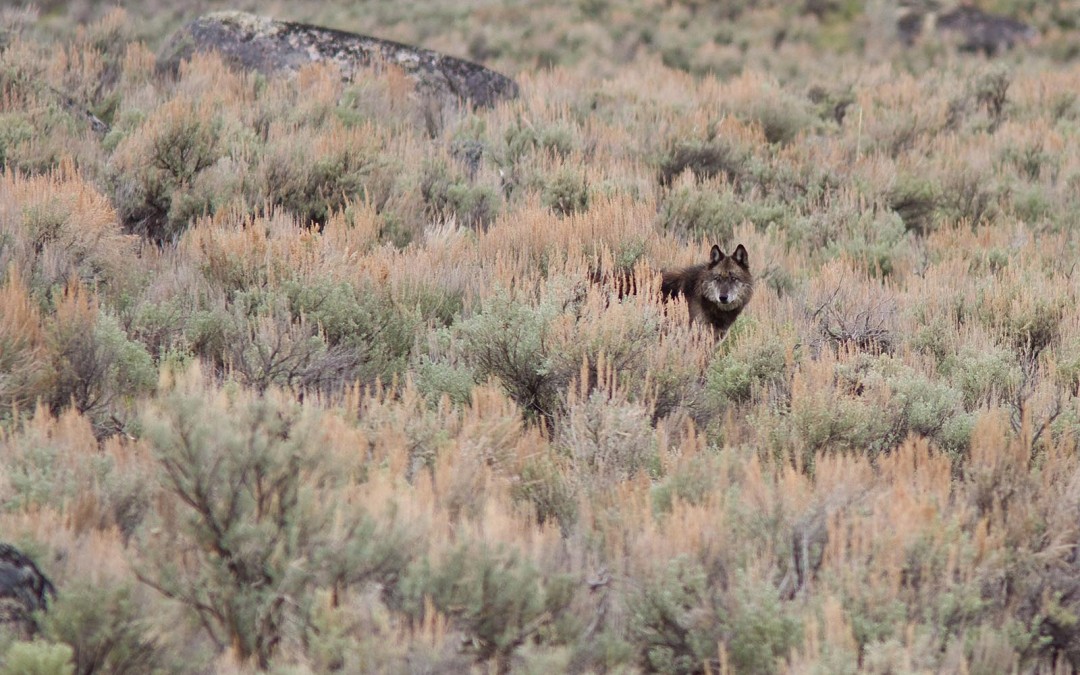Getting aggressive early with livestock-killing wolves works better than gradually ratcheting up the response, according to research published last November by Montana Fish, Wildlife and Parks biologist Liz Bradley. “Killing livestock is a learned behavior,” said Bradley, based at the Region 2 office in Missoula. “You might have a pack in an area for several years and not have a problem, and then, boom, you have a livestock kill, and then it happens again and again and again. There are many variables, but if you decide removing wolves is the best option, you’re better to take more earlier than picking away at them.” Ten years of data looking at how wolf-pack size and distribution predict livestock attacks has helped…
Read More


